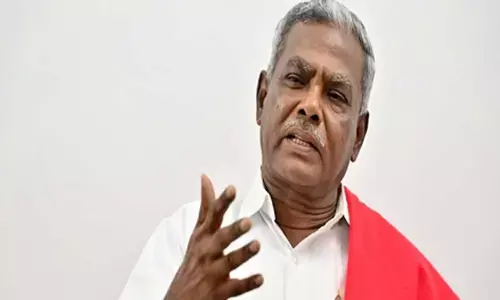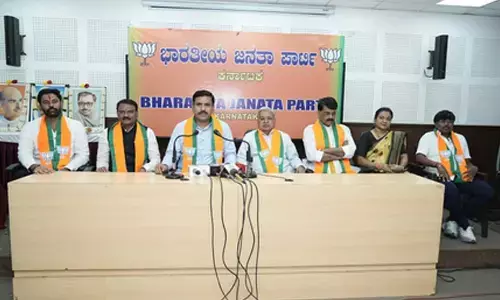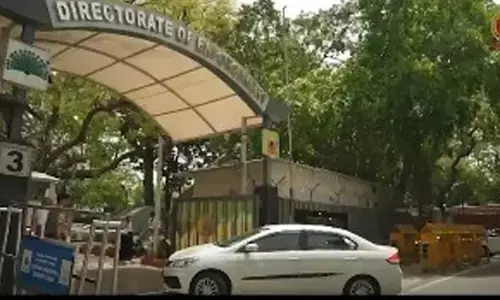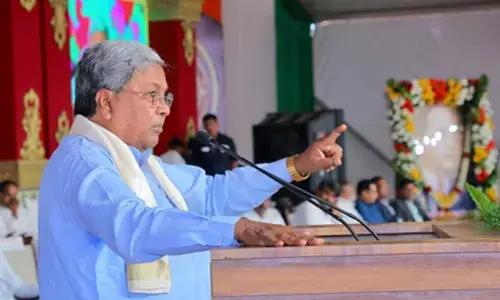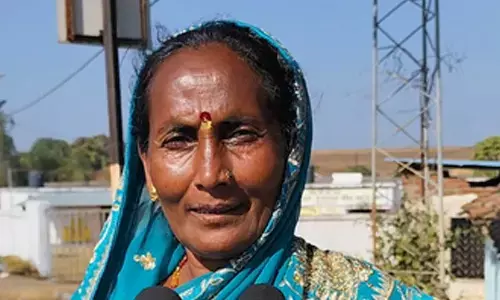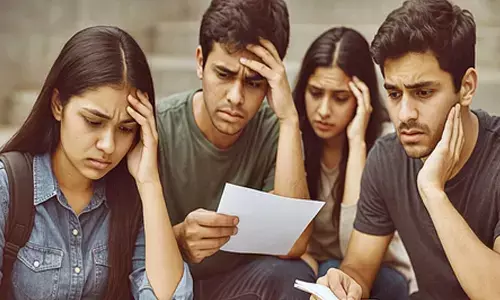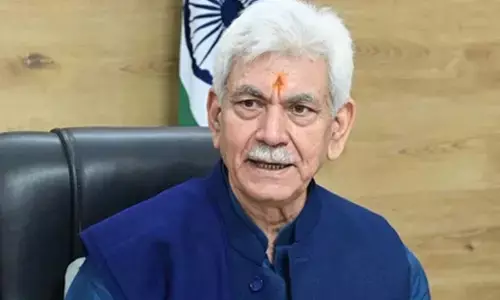Reflecting on the 105th Anniversary - The Significance of the Jallianwala Bagh Massacre in India's Fight for Independence
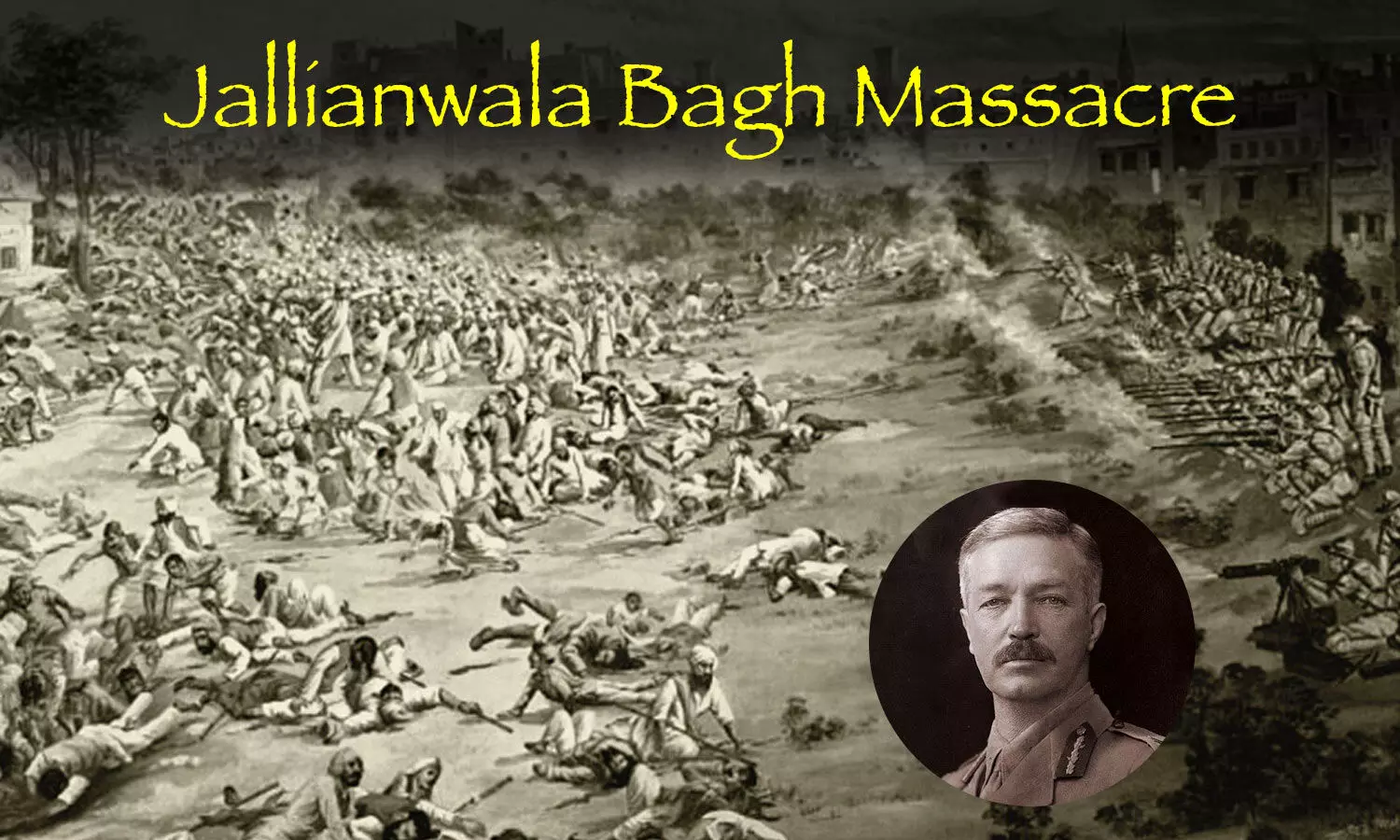
On the 105th anniversary, learn about the crucial role of the Jallianwala Bagh Massacre in igniting widespread outrage and uniting the nation against British colonial rule.
The Jallianwala Bagh Massacre, alternatively termed as the Amritsar Massacre, was a sorrowful event that transpired on April 13, 1919, within the city of Amritsar, Punjab, India. The troops from the British Indian Army, headed by General Reginald Dyer, opened fire on a gathering of Indian civilians who had assembled at Jallianwala Bagh. These civilians were unarmed and had come together to peacefully protest against the arrest and forced removal of two prominent national leaders, Satya Pal and Saifuddin Kitchlew.
The troops, armed with rifles and machine guns, blocked the only exit to the garden and opened fire on the crowd. This resulted in the injuries and deaths of hundreds of people. Although the exact count of casualties remains uncertain, it is believed that approximately 379 individuals lost their lives, and over 1,000 were wounded.
This event is deemed a significant turning point in the Indian independence movement and a crucial moment in the history of colonialism. It triggered widespread outrage and fueled a surge in nationalist feelings, ultimately playing a role in India gaining independence from British rule.
Every year, on the anniversary of the massacre, India solemnly remembers the event as a national tragedy. The site of the massacre, Jallianwala Bagh, has been transformed into a memorial dedicated to the victims. It has become a place of pilgrimage for people from all corners of the country, honouring the memory of those who lost their lives on that fateful day.
Retracing the profound impact of the Jallianwala Bagh Massacre, we have outlined the subsequent events and public sentiment at the time.
Outrage and Protests: The Jallianwala Bagh Massacre sparked widespread outrage and disbelief among Indians across the nation. The peaceful gathering turned into a scene of horror as British troops, under General Reginald Dyer's command, opened fire on unarmed civilians. This act of violence against innocent protesters ignited a wave of protests and demonstrations against British rule. People from all walks of life united in their condemnation of the massacre, demanding justice and an end to colonial oppression. The brutality of the event galvanised the Indian independence movement, injecting it with renewed vigour and determination. It served as a catalyst for unity among Indians, transcending barriers of religion, region, and caste. The cries for freedom grew louder, echoing throughout the country and reverberating across the globe.
Indian National Congress: In the aftermath of the Jallianwala Bagh Massacre, the Indian National Congress emerged as a leading voice of dissent against British rule. The organisation condemned the massacre in the strongest terms, describing it as a heinous act of violence against the Indian people. The Congress passed a resolution condemning the massacre and demanding an end to British colonialism. This resolution impelled widespread support for the independence movement, mobilising people across the country to join the struggle for freedom. The Congress's stance against the massacre fueled a wave of civil disobedience and non-cooperation, which became powerful tools in the fight against British oppression. Under the leadership of Mahatma Gandhi and other prominent figures, the Congress played a pivotal role in channelling the outrage over the massacre into a coordinated campaign for independence.
International Condemnation: The Jallianwala Bagh Massacre drew condemnation from around the world, shining a spotlight on the injustices of British colonialism. News of the massacre spread rapidly, eliciting shock and outrage from international observers. Newspapers and political leaders worldwide denounced the British government's actions, highlighting the brutality of the massacre and its implications for India's struggle for independence. The incident dealt a severe blow to Britain's reputation on the global stage, tarnishing its image as a champion of democracy and human rights. The international outcry highlighted the significance of the event as a symbol of resistance against colonial oppression. It served as a rallying cry for supporters of freedom and justice worldwide, inspiring solidarity with the Indian people in their quest for self-determination.
Martial Law: Following the Jallianwala Bagh Massacre, the British government imposed martial law in Punjab, intensifying its crackdown on dissent. The imposition of martial law signalled a sharp escalation in the repression of political activists and freedom fighters. Security forces conducted mass arrests and launched a campaign of intimidation to quell dissent and maintain control over the restive region. The heavy-handed tactics employed by the British authorities only served to further inflame tensions and deepen resentment among the Indian populace. Martial law became a symbol of British tyranny and oppression, fueling the flames of resistance and strengthening the resolve of those fighting for independence. Despite the government's efforts to suppress dissent, the spirit of resistance remained undaunted, laying the groundwork for future struggles against colonial rule.
Impact on Reginald Dyer: The orchestrator of the Jallianwala Bagh Massacre, General Reginald Dyer, faced widespread condemnation for his role in the atrocity. His actions were widely denounced as an egregious violation of human rights and a betrayal of the trust placed in him as a military leader. Dyer's decision to open fire on unarmed civilians was deemed unjustifiable and prompted calls for accountability and justice. In the aftermath of the massacre, Dyer was forced to retire from the army and faced censure from the British government for his actions. His name became synonymous with the brutality of British colonial rule in India, serving as a stark reminder of the atrocities committed in the name of empire.
The Jallianwala Bagh Massacre was a defining moment in India's struggle for independence, leaving an indelible mark on the nation's history. The events of that fateful day served as a rallying cry for freedom, uniting Indians in their determination to overthrow colonial rule. The massacre galvanised international support for the Indian independence movement, exposing the true nature of British imperialism to the world. While the wounds inflicted by the massacre may never fully heal, its legacy endures as a testament to the resilience and courage of those who fought for freedom.









